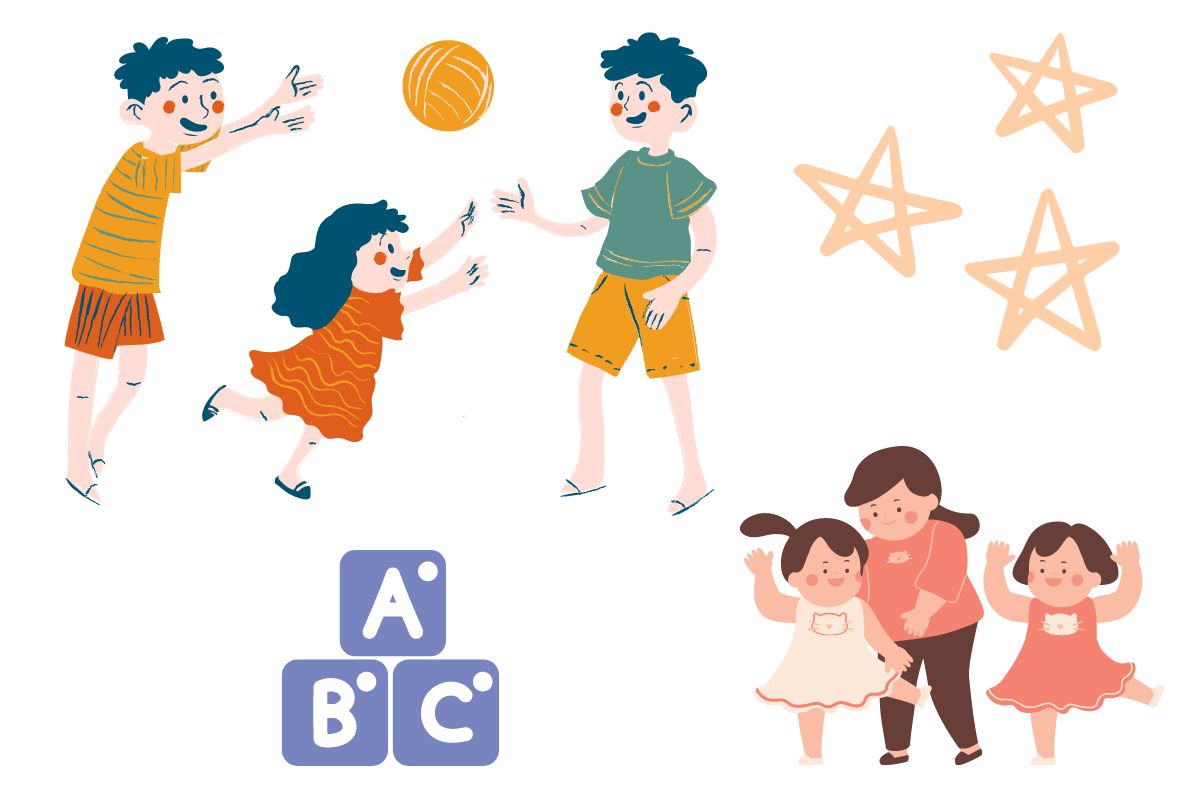Effective Discipline Techniques for Toddlers and Preschoolers
Disciplining toddlers and preschoolers can be a challenging yet essential aspect of parenting and early childhood education. It requires patience, understanding, and consistent strategies to guide children’s behavior and help them learn appropriate boundaries and social skills. By employing effective discipline techniques, parents, caregivers, and educators can foster positive behavior and promote healthy development in young children.
First and foremost, it’s crucial to set clear and age-appropriate expectations for behavior. Toddlers and preschoolers are still developing their understanding of social norms and rules, so providing consistent guidance and reinforcement is essential. Establishing simple rules and routines helps children understand what is expected of them and provides a framework for positive behavior.
Positive reinforcement is another powerful discipline technique for young children. Instead of focusing solely on punishment for negative behavior, parents and educators should actively praise and acknowledge desirable behavior. This can include verbal praise, stickers, or other small rewards that motivate children to continue exhibiting positive behaviors.
Redirecting attention is a useful strategy for addressing undesirable behavior in toddlers and preschoolers. Rather than simply saying “no” or reprimanding a child, redirecting their attention to a more appropriate activity or behavior can help them learn and explore positively. For example, if a child is throwing toys, gently redirect them to a different activity or show them how to play with the toys constructively.
Consistency is key when it comes to discipline techniques for young children. Children thrive on routine and predictability, so it’s important for caregivers and educators to consistently enforce rules and consequences. Inconsistency can lead to confusion and frustration for children, making it more difficult for them to understand and internalize expectations for behavior.
It’s also important for adults to model positive behavior and emotional regulation for young children. Children often learn by observing the actions and reactions of the adults around them. By demonstrating patience, empathy, and problem-solving skills, adults can teach children valuable lessons about managing emotions and resolving conflicts constructively.
Finally, it’s essential to remember that discipline should be approached with empathy and understanding. Toddlers and preschoolers are still learning and developing, and they will inevitably make mistakes along the way. Instead of focusing solely on punishment, adults should use discipline as an opportunity to teach and guide children toward positive behavior and healthy social interactions.
In conclusion, effective discipline techniques for toddlers and preschoolers involve setting clear expectations, providing positive reinforcement, redirecting attention, maintaining consistency, modeling positive behavior, and approaching discipline with empathy and understanding. By employing these strategies, parents, caregivers, and educators can help young children navigate the complexities of social interaction and develop essential skills for success in the future.



